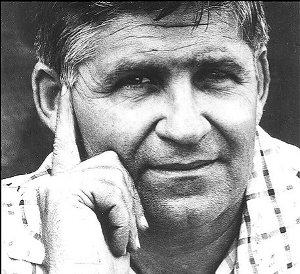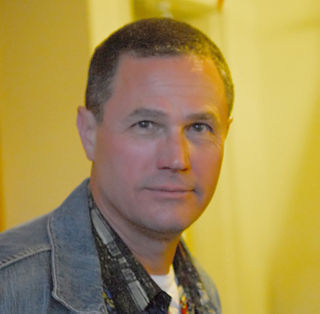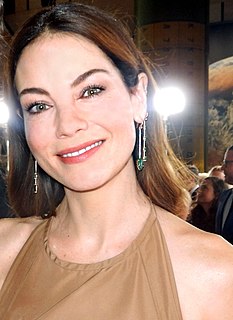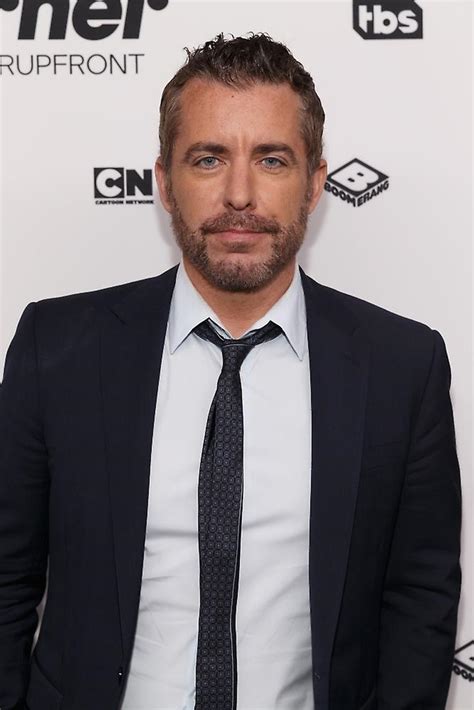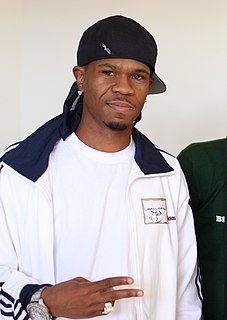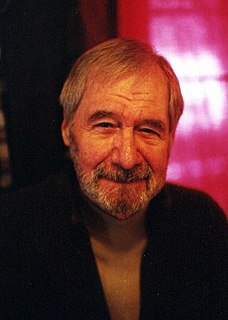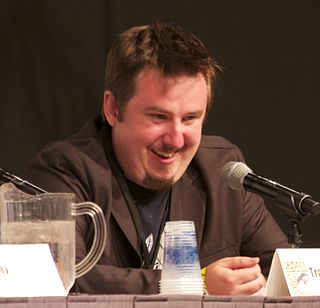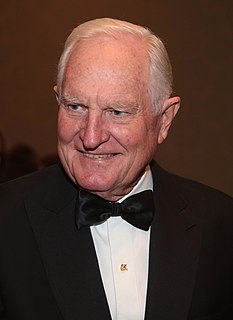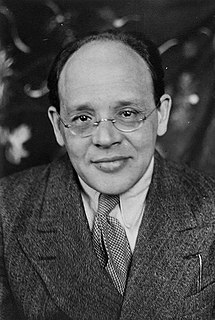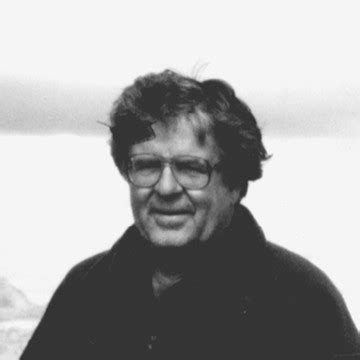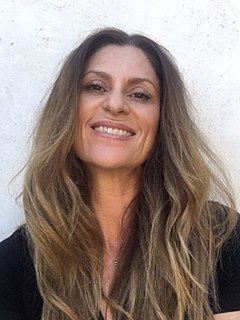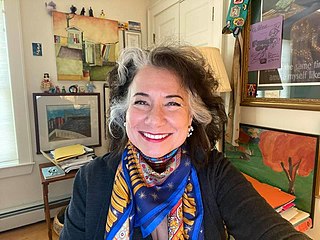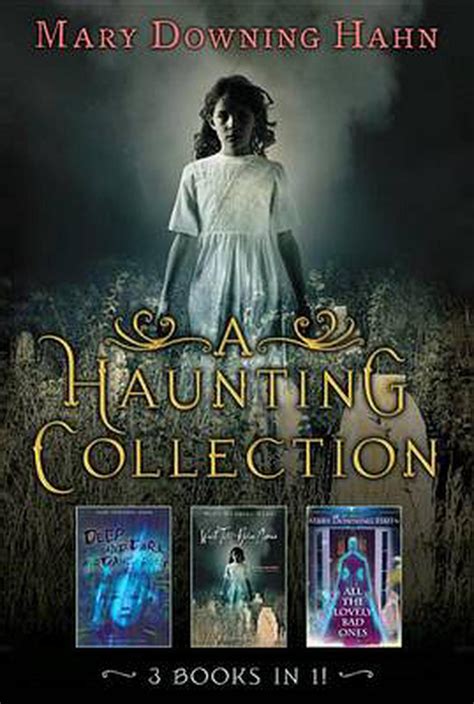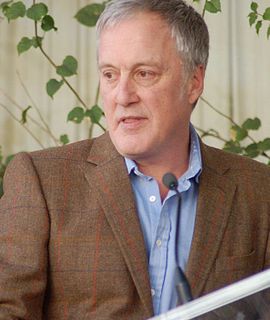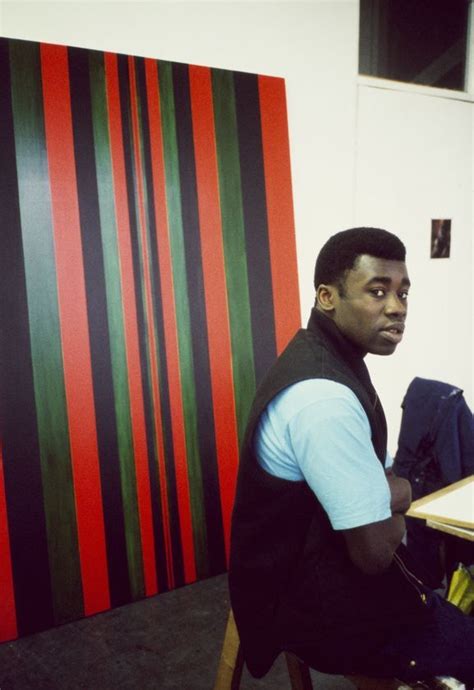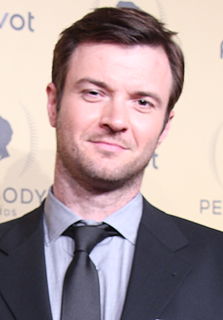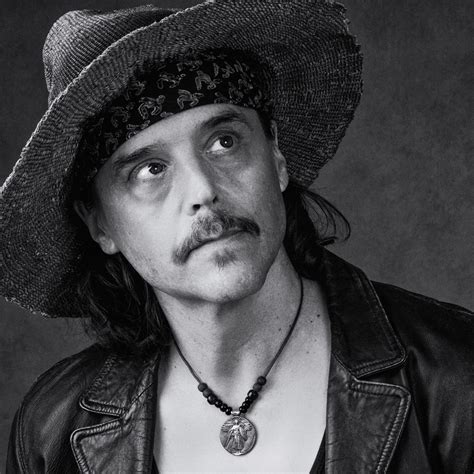Top 1200 Real Story Quotes & Sayings - Page 2
Explore popular Real Story quotes.
Last updated on November 28, 2024.
The Work always leaves you with less of a story.
Who would you be without your story?
You never know until you inquire.
There is no story that is you or that leads to you.
Every story leads away from you.
Turn it around; undo it.
You are what exists before all stories.
You are what remains when the story is understood.
The Negro. The South. These are the details. The real story is the universal one of men who destroy the souls of other men (and in the process destroy themselves) for reasons neither really understands. It is the story of the persecuted, the defrauded, the feared, and detested. I could have been a Jew in Germany, a Mexican in a number of states, or a member of any 'inferior' group. Only the details would have differed. The story would be the same.
I think that people have to have a story. When you tell a story, most people are not good storytellers because they think it's about them. You have to make your story, whatever story it is you're telling, their story. So you have to get good at telling a story so they can identify themselves in your story.
It's only a story, you say. So it is, and the rest of life with it - creation story, love story, horror, crime, the strange story of you and I. The alphabet of my DNA shapes certain words, but the story is not told. I have to tell it myself. What is it that I have to tell myself again and again? That there is always a new beginning, a different end. I can change the story. I am the story. Begin.
Each of us is born with a series of built-in confusions that are probably somehow Darwinian. These are: (1) we're central to the universe (that is, our personal story is the main and most interesting story, the only story, really); (2) we're separate from the universe (there's US and then, out there, all that other junk - dogs and swing-sets, and the State of Nebraska and low-hanging clouds and, you know, other people), and (3) we're permanent (death is real, o.k., sure - for you, but not for me).
I had wanted to be a novelist for so long, but I didn't have a story. That story came from the death of my father, and wrestling with how to help my mother. Writing it allowed me to work through my fears, frustrations and desires. I wanted control over the situation. And I wasn't sure I would have any in real life.
I've found great virtue in two-thirds of the way into the message; right before I'm really want to nail home a point, pausing to tell a joke or to tell a light-hearted story, because I know my audience has been working with me now for 20 or 25 minutes. And if I can get them to laugh, get oxygen into their system, it wakes up those who might be sleeping, so there's something about using a story to draw people back in right before you drive home your final point. In that case I think it's real legitimate just to use a story for story's sake.
Every field piece I did on 'The Daily Show' was a story that lasted five to six minutes. We had a protagonist, we had an antagonist and often put them at odds. We knew the story we wanted to tell before we went in, and often it was about plugging whatever character you have - in this case, a real person - into said part.
The Universe story is the quintessence of reality. We perceive the story. We put it in our language, the birds put it in theirs, and the trees put it in theirs. We can read the story of the Universe in the trees. Everything tells the story of the Universe. The winds tell the story, literally, not just imaginatively. The story has its imprint everywhere, and that is why it is so important to know the story. If you do not know the story, in a sense you do not know yourself; you do not know anything.
Writers remember everything...especially the hurts. Strip a writer to the buff, point to the scars, and he'll tell you the story of each small one. From the big ones you get novels. A little talent is a nice thing to have if you want to be a writer, but the only real requirement is the ability to remember the story of every scar. Art consists of the persistence of memory.
I think that when I'm telling a story, I'm doing the best I can to tell the story as fully as I can, and if there are various fractures that happen in the story, then that's just the very thing that the story is as opposed to my looking for avenues of difference in one story. They just really do exist. For me, anyway.
I remember hearing a good story about Jack Nicholson working with Stanley Kubrick on The Shining [1980]. Nicholson was saying that, as an actor, you always want to try to make things real. And believable. When he was working with Kubrick, he finished a take and said, "I feel like that was real." And Kubrick said, "Yes, it's real, but it's not interesting".
I would like to believe this is a story I’m telling. I need to believe it. I must believe it. Those who can believe that such stories are only stories have a better chance. If it’s a story I’m telling, then I have control over the ending. Then there will be an ending, to the story, and real life will come after it. I can pick up where I left off.
You know, when you make something in live-action, you make it real. And when you are inspired by and determined to honor the original - the most original version of the 'Mulan' story - then you have to acknowledge that this is a story about a young woman who disguises herself as a man and goes to war.
[Eugene Smith] was always writing these diatribes about truth, and how he wanted to tell the truth, the truth, the truth. It was a real rebel position. It was kind of like a teenager's position: why can't things be like they should be? Why can't I do what I want? I latched on to that philosophy. One day I snapped, hey, you know, I know a story that no one's ever told, never seen, and I've lived it. It's my own story and my friends' story.
I do think there is great strength, though, in starting a sermon with a story, then returning to that story at the end. That puts book ends to a sermon. It is a real simple technique that communicates to the audience that there is a sense of closure, that they have a package here, or we began and we closed with this. I think that's just a nice technique.
I'd thought I'd constructed a really wonderful book, and the teacher told me that my story basically began on page fifty, and that I should throw out everything prior, or figure out a way to weave only the most important information back into the story, and keep the action moving forward. Wow. That was a really humbling experience. A real eye-opener. Made me realize there are so many aspects involved with telling a story.
Each of us is our own story, but none of us is only our own story. The arc of my own personal story is inexplicably and intrinsically linked to the story of my parents and the story of my neighbor and the story of the kid that I met one time. All of us are linked in ways that we don't always see. We are never simply ourselves.
If you look only as Genesis as an allegory, you have a major problem, because if it's an allegory, then tell me who our ancestor was? If Abraham was real, then from Abraham if Adam isn't real, if it's just an allegory, it's just a story, then what's the real Adam who really fell in a garden and really sinned? Where did we come from?
I think all of us in the pursuit of more perfect version of the truth and the story need to reckon with what we bring to the story, and I think that I'm confronting that in a very real way everyday. I'm extremely proud of who I am and it's nice to see it celebrated, but if someone were to ask me to list in order the biography, you know journalist comes first.


